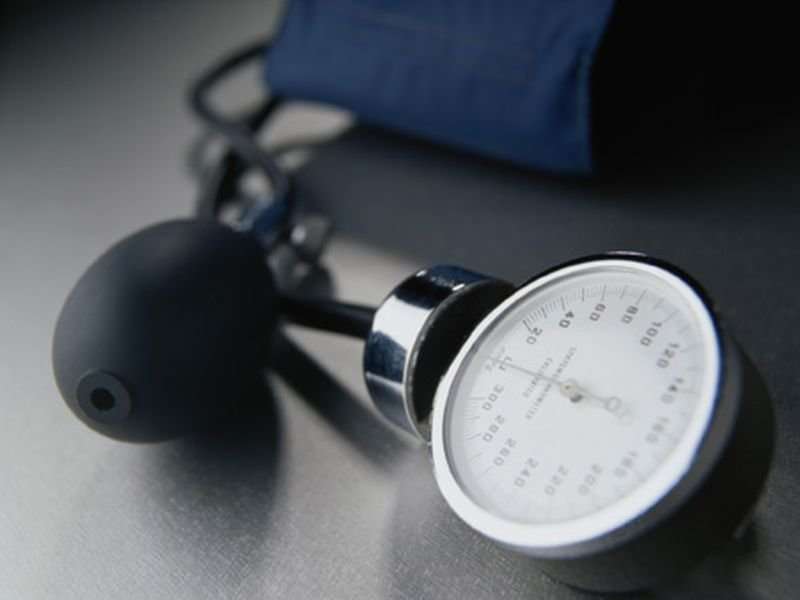(HealthDay)—New recommendations have been developed for the prevention, detection, evaluation, and management of high blood pressure (BP). The recommendations are summarized in an article published online Jan. 23 in the Annals of Internal Medicine.
Robert M. Carey, M.D., from the University of Virginia Health System in Charlottesville, and Paul K. Whelton, M.D., from the Tulane University School of Public Health in New Orleans, summarized the major recommendations of the new American College of Cardiology (ACC) and American Heart Association (AHA) clinical practice guidelines relating to high BP in adults. An ACC- and AHA-appointed committee reviewed the literature and commissioned systematic reviews and meta-analyses relating to BP monitoring, assessment, and management.
The researchers summarized key recommendations in the areas of BP classification, BP measurement, and screening for secondary hypertension. Recommendations also related to nonpharmacologic treatments, use of BP thresholds and cardiac risk estimation to guide pharmacologic treatment, treatment goals, choice of initial pharmacotherapy, resistant hypertension, and strategies for improving control of hypertension.
"The 2017 guideline uses a different classification system for BP than previous guidelines; emphasizes out-of-office BP measurements to confirm the diagnosis of and monitor success in control of hypertension; advocates team-based care and use of the electronic health record and telehealth strategies for improved care; recommends nonpharmacologic interventions; and recommends addition of antihypertensive drug therapy based on a combination of average BP, atherosclerotic cardiovascular disease risk, and comorbid conditions," the authors write.
More information:
Abstract/Full Text
Editorial (subscription or payment may be required)
Ideas and Opinions (subscription or payment may be required)
Journal information: Annals of Internal Medicine
Copyright © 2018 HealthDay. All rights reserved.























